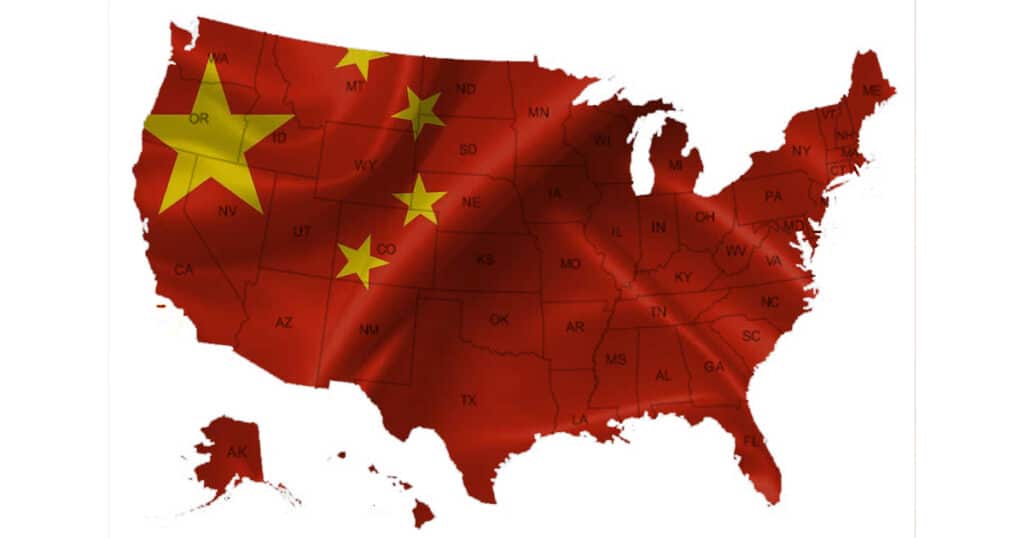
States must act to protect American security from foreign adversaries
In dozens of states across America, state legislatures have taken a thorough, thoughtful and reasoned approach to the issue of foreign adversaries occupying, owning and controlling land and other real property, including land in close proximity to military bases and installations and critical infrastructure.
Different forms of legislation have sought to provide protection in different ways. Some bills have focused solely on agricultural land in an effort to maintain America’s vital food security. Others have focused on restricting foreign adversary ownership of land near military installations, especially after the US Air Force called the proposed acquisition of land by a Chinese entity near one of its bases a threat to national security.
Legislation can be, and has been, structured to include specific remedies, such as: fines; voiding sales; forfeiture, judicial revocation of licenses and business charters; judicial dissolution of business entities; judicial prohibition of an identified agent of a foreign adversary doing business in the state; and judicially awarded restitution for civil damages for harmed, innocent third parties. These remedies can be fashioned with full due process for all involved.
Nations like China, Russia, North Korea and Iran are quite different from the vast majority of nations around the world. All are adversaries of the US under various levels of sanctions under the Department of the Treasury.
Foreign adversaries are defined in the code of federal regulations as foreign governments or foreign non-government persons who have engaged in a long-term pattern or serious instances of conduct significantly adverse to the national security of the United States or security and safety of United States persons as determined by the U.S. Secretary of State. Legislation can and should recognize this distinction and protect not just individual states, but the entire country from this threat to our national security.



